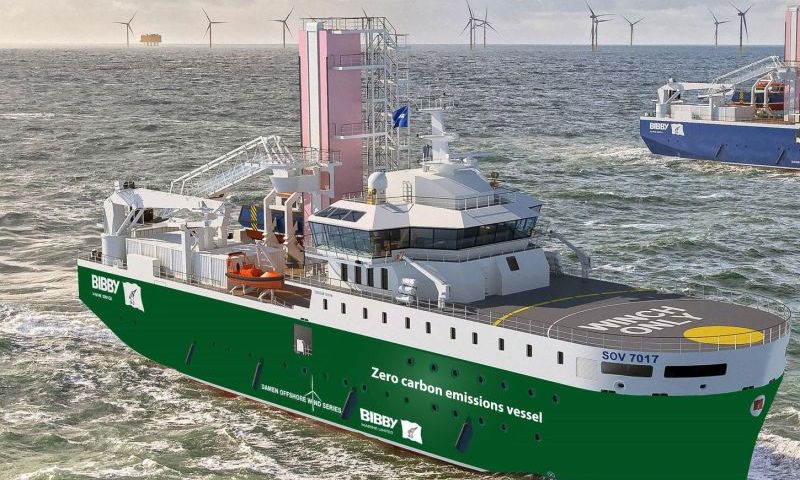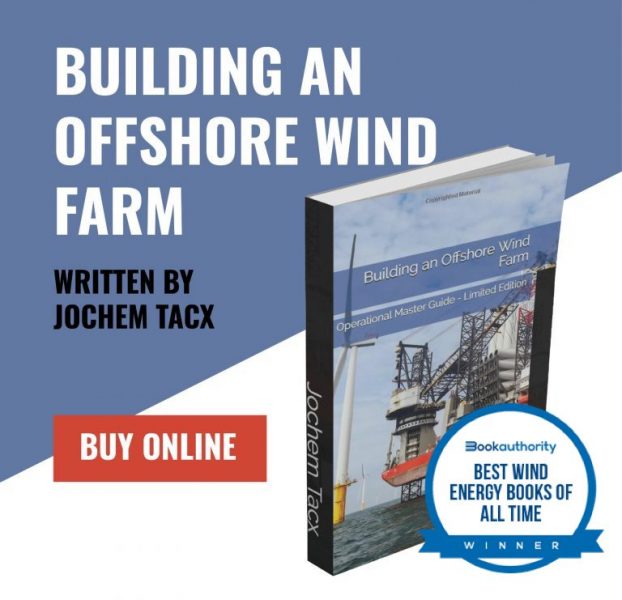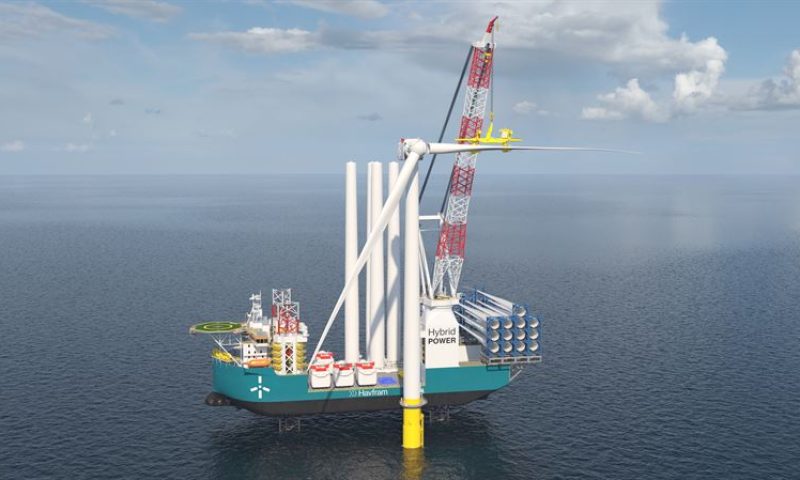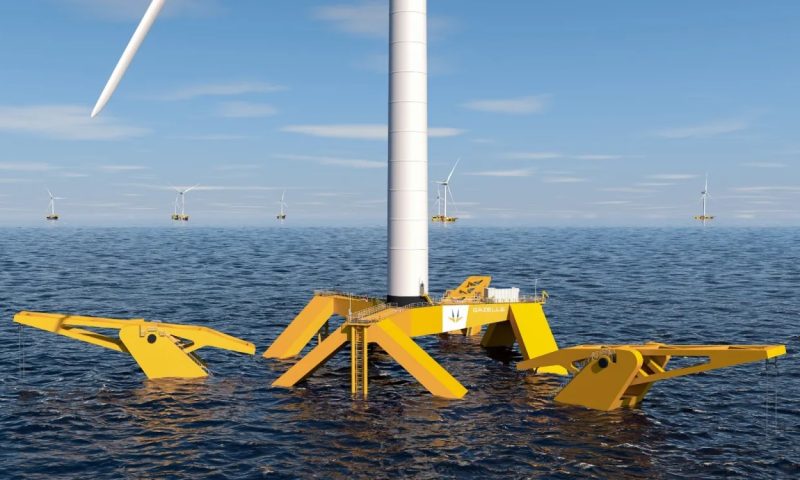
Bibby Marine Joins Mærsk Mc-Kinney Møller Center for Zero Carbon Shipping as European SOV Mission Ambassadors
Bibby Marine has announced a 3-year commitment to the Mærsk Mc-Kinney Møller Center for Zero Carbon Shipping, becoming a Mission Ambassador.
The partnership will focus on Bibby Marine’s expertise in the area of Service Operations Vessels (SOVs) and its part in the development of the next generation of zero-emission vessels that will play an important role in the decarbonisation of the energy sector.
Bibby Marine’s CEO, Nigel Quinn, explained: “We are thrilled to be joining the Mærsk Mc-Kinney Møller Center for Zero Carbon Shipping as an Ambassador Member. As a company, we believe that decarbonisation is essential to protecting our environment and we are committed to playing our part in making this happen. Global shipping accounts for around 3% of global GHG emissions, which could increase by 20% by 2050 without action. It is therefore imperative that we accelerate the development and deployment of zero-emission vessels.”
The Mærsk Mc-Kinney Møller Center for Zero Carbon Shipping was established in 2020 with a mission to be a visible and significant driving force in the decarbonising journey of the maritime industry. With their partners, they drive and facilitate the development and implementation of new technologies; build confidence in new concepts and mature viable strategic ways to drive the required systemic and regulatory change.
The maritime industry has set a target of net-zero CO2 emissions by 2050. This will require significant changes in technology, operations and fuels and will need the full engagement of all parts of the maritime ecosystem. To achieve this target, it is widely accepted that a mix of technologies will be required, covering both new build vessels and retrofitting of existing ships.
Bibby Marine is working on a number of initiatives focused on both of these areas. As part of MarRI-UK’s Clean Maritime Call, Bibby Marine’s “WaveMaster Zero C” project recently assessed the impact of alternative fuels including Methanol, Ammonia, Hydrogen, Battery & HVO based on technical, environmental, economic and landside operations factors.
Bibby Marine has also recently led two feasibility studies into the decarbonisation of both new build and existing SOVs. These studies were supported by the UK Government’s Department for Transport (DfT) through their Clean Maritime Demonstration Call (CMDC).
Nigel concludes: “Our research into zero-emission vessel solutions is ongoing and this partnership is a natural extension of this work. We look forward to collaborating with the other members of the Center to further develop SOVs and advance the decarbonisation of the offshore wind industry.”












